Project news
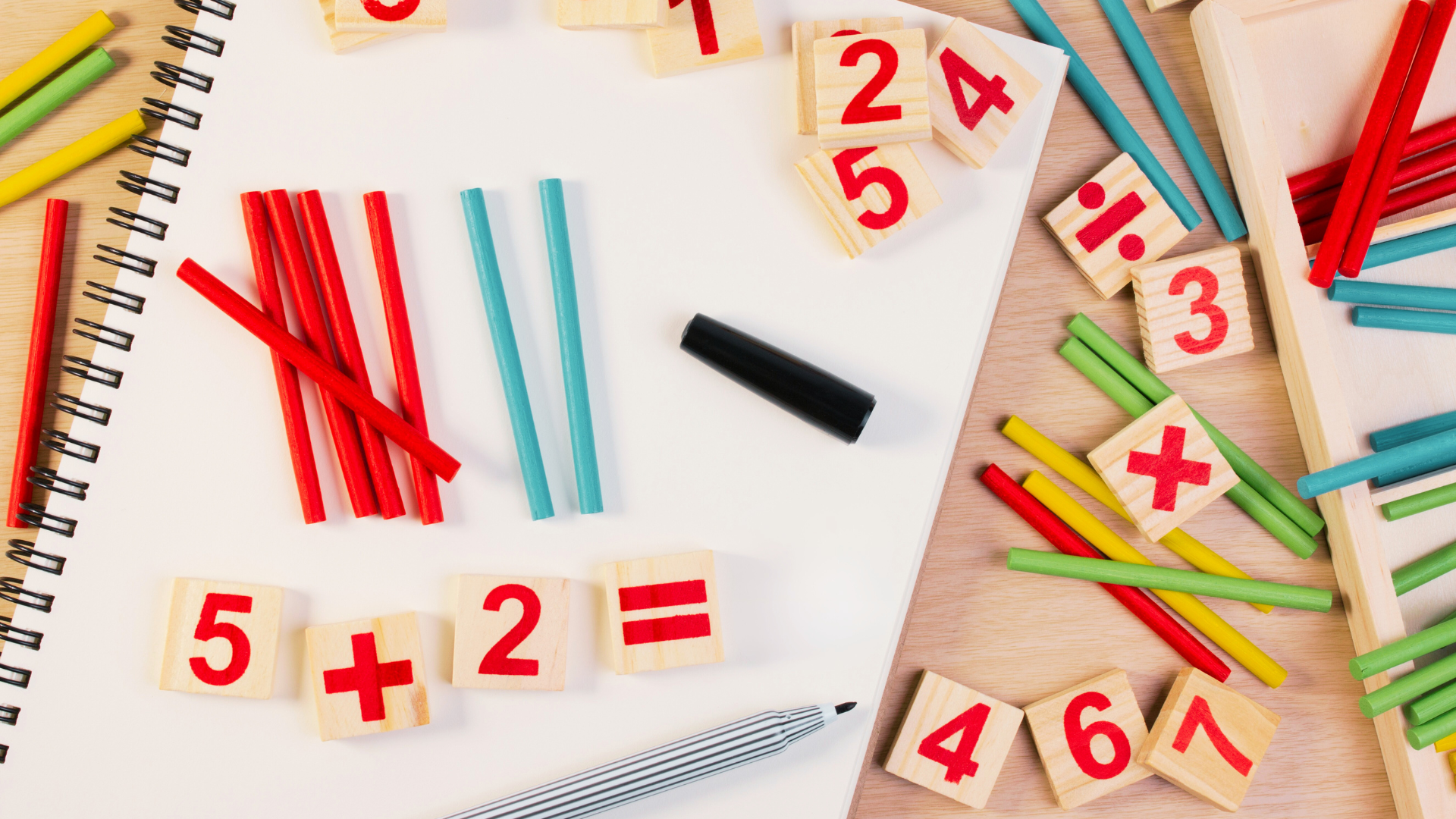
From play to emotional connection and concrete manipulation: Inclusive math teaching strategies for dyscalculia
In almost every classroom, there are pupils who try hard in mathematics and still feel lost. They listen carefully, follow instructions, and yet numbers never quite stick. Quantities feel slippery, procedures break down halfway, and even familiar tasks require enormous effort. For learners with dyscalculia, this experience goes far beyond a simple dislike of math.
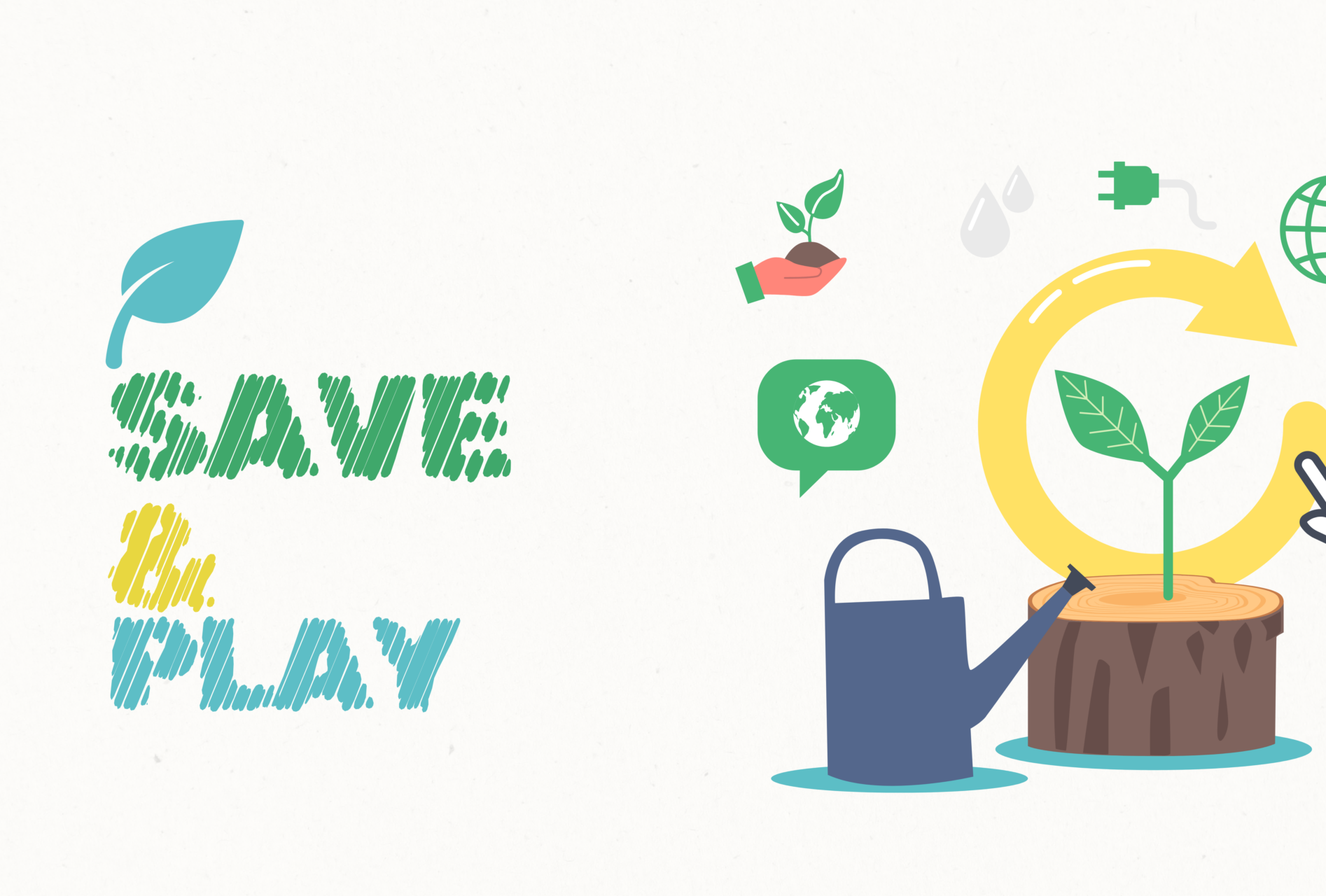
How do we help young people care about the environment? By playing, of course!
We talk a lot about climate change, sustainability, and protecting the planet. But caring about these topics is not always easy. Many young people hear about environmental issues every day, yet they often feel distant from them. The problems seem too big, too abstract, or simply disconnected from daily life.
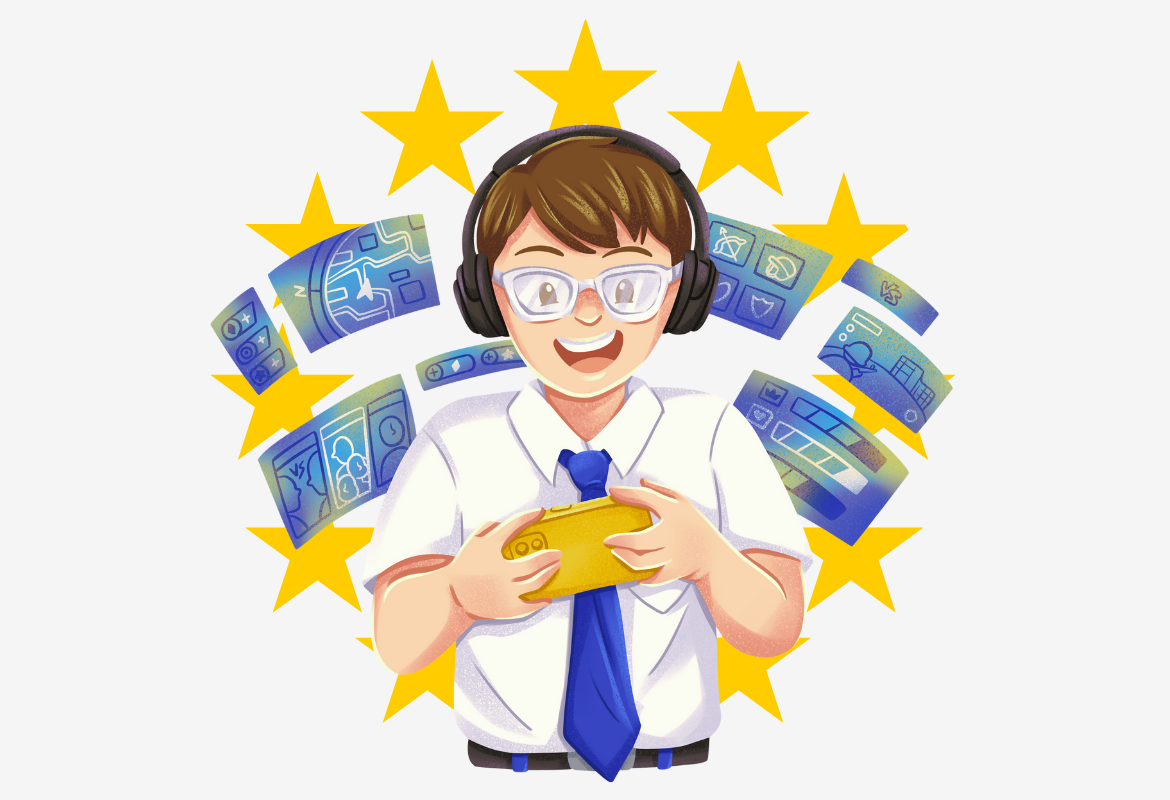
Revolutionising civic education: Why videogames teach better than traditional methods
In the current digital age, traditional teaching methods are no longer enough to engage the younger generation. As technology evolves rapidly, so does the world of education. One major innovation is the use of video games as a tool for education.

The Connection Between Literacy and Numeracy: Why Reading Skills Matter in Math
When we think about math, we often envision numbers, equations, and calculations. But here’s the thing: math is also a language, one that requires us to read, interpret, and apply written information
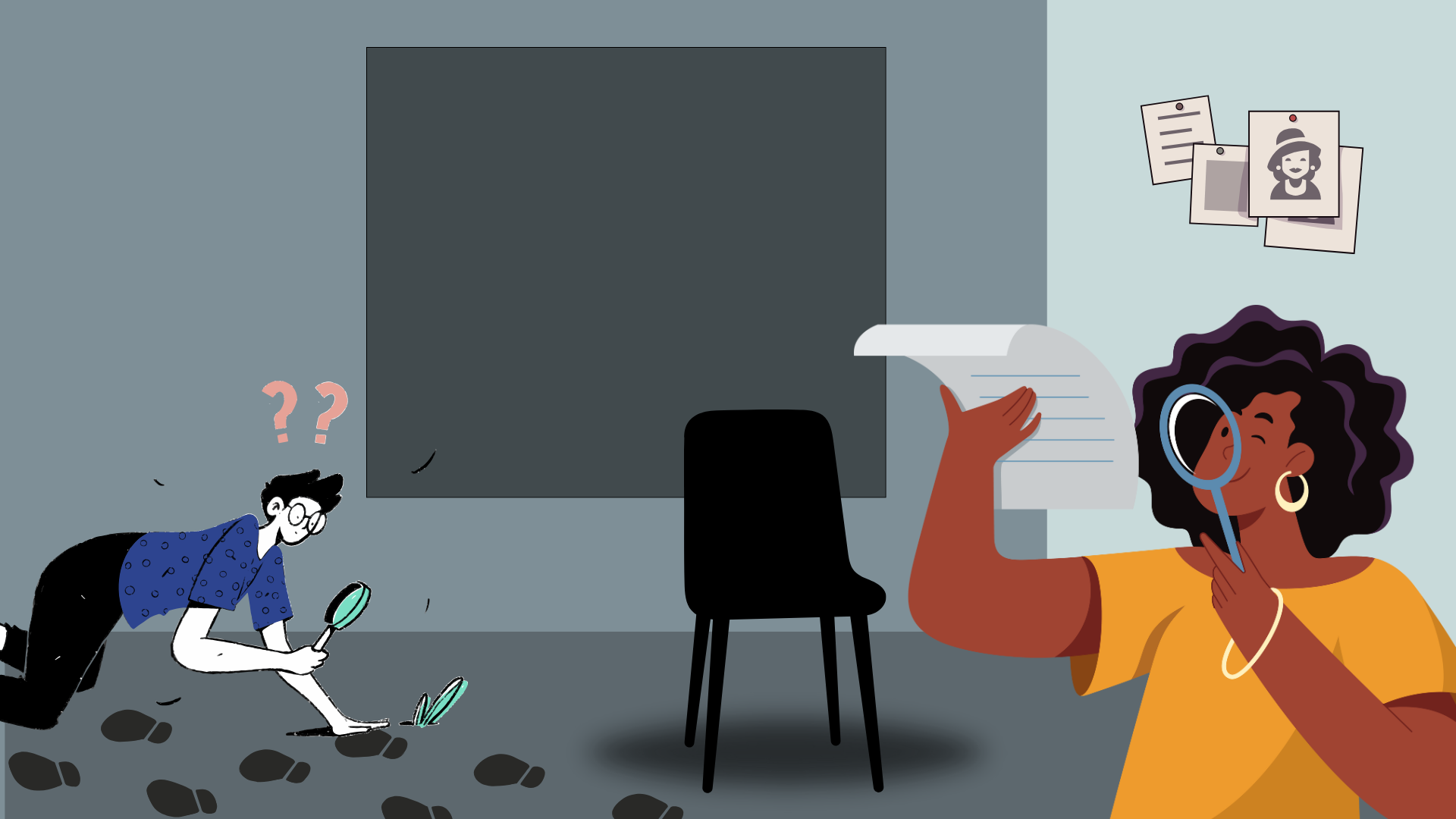
How to Create an Educational Escape Game: A practical guide
Imagine your students racing against the clock, hearts pounding, minds buzzing, as they crack codes, solve riddles, and unlock secrets, all while learning. Educational escape games are more than just fun: they’re powerful pedagogical tools that turn passive learners into active problem-solvers.

DEGSE: Unlocking Social Entrepreneurship Through Gamified Learning
DEGSE is an Erasmus+ project designed to introduce young people across Europe to the world of social entrepreneurship—through the engaging format of digital escape games. In a time where more and more youth are looking to align their careers with social values, DEGSE provides a fun, creative and accessible way to explore how business can become a tool for social good.

Enigmathico: Linking numeracy and literacy in gamified novels
Enigmathico is an Erasmus+ project designed to transform how children aged 8–12 experience mathematics—by turning it into a story. Combining literacy, numeracy, and gamification, Enigmathico helps students build mathematical confidence through interactive narratives, hands-on tools, and cross-disciplinary learning.
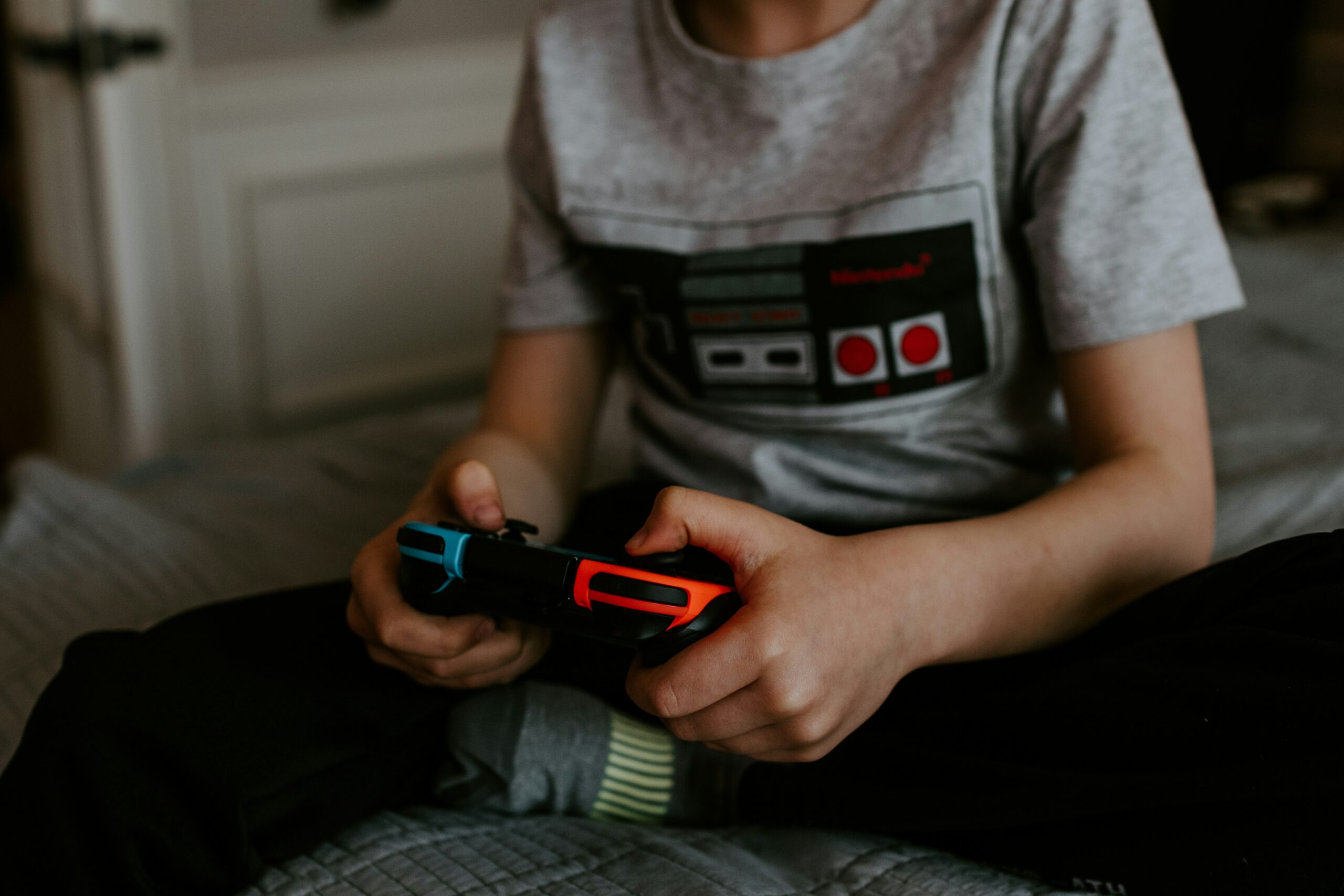
DigiCity: Building digital citizens through gamification
DigiCity is an Erasmus+ project aimed at equipping European youth (ages 15-25) with vital digital citizenship skills using gamification. In today’s online world, young people need more than just digital literacy—they need an understanding of online safety, media literacy, and digital ethics.
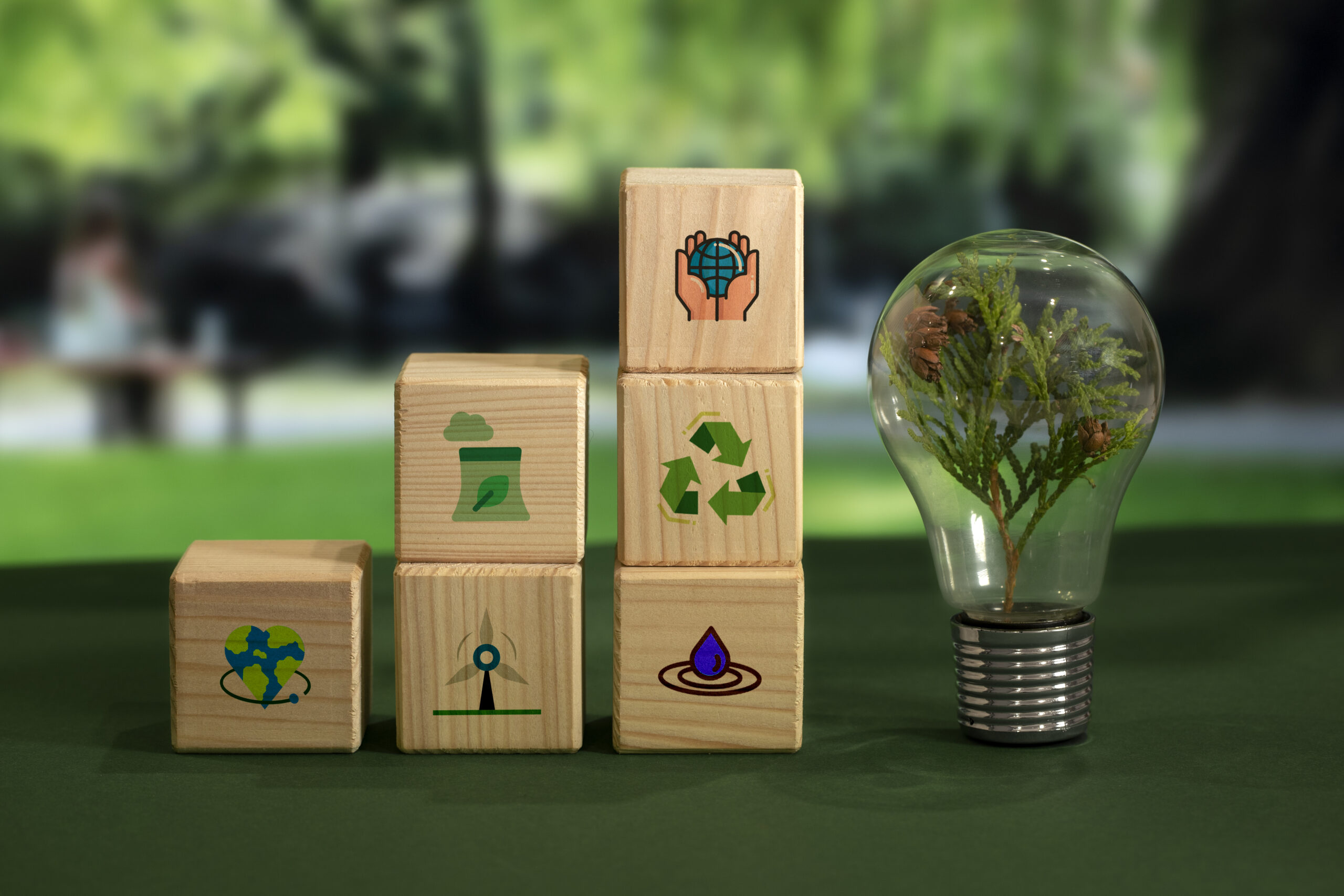
Green Entrepreneurship in a Rapidly Changing World
In a world marked by accelerating climate change, biodiversity loss, and growing social inequality, the call for rethinking how we live, work, and do business has never been more urgent. From global policy agendas like the EU Green Deal to grassroots regenerative movements, one idea is gaining momentum across scales and sectors: green entrepreneurship.

Role-playing for homework completion
A new study presented at the 21st International Conference on Knowledge Based and Intelligent Information and Engineering Systems, researchers introduced “Gamified,” an innovative educational platform designed to boost student motivation through role-playing game elements.
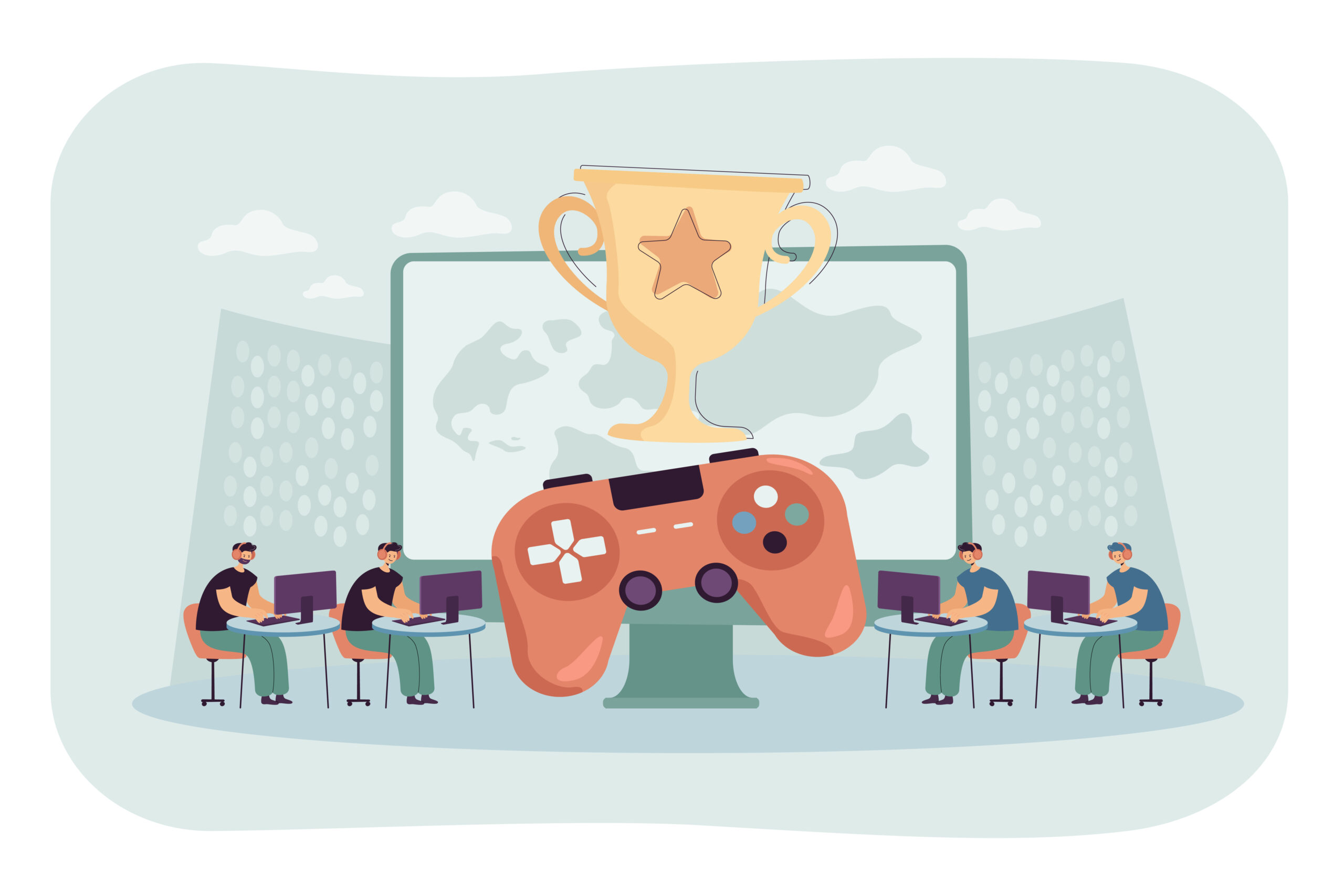
Challenge-based gamification
In a comprehensive study published in the International Journal of Human-Computer Studies, researchers examined the impact of challenge-based gamification on learning outcomes in statistics education. Conducted with 365 students across different academic majors, the study utilized a gamified application named “Horses for Courses,” integrating elements like points, levels, challenges, and leaderboards.

Project EUtopia: Empowering youth to turn ideas into actions
EUtopia, an Erasmus+ initiative, inspires young people to become active participants in democratic life. By engaging with Europe’s social, cultural, and historical heritage, the project equips youth (ages 16-25) and youth workers with hands-on tools to bring community-focused ideas to life and address social issues.

Digital learning through AI
Gamification techniques and tools have enhanced digital learning. Integrating these with artificial intelligence (AI) can be highly beneficial, though, if misapplied, it might prove disadvantageous. The primary goal of gamifying learning is to boost participation, motivation, engagement, and the assessment of learning materials.
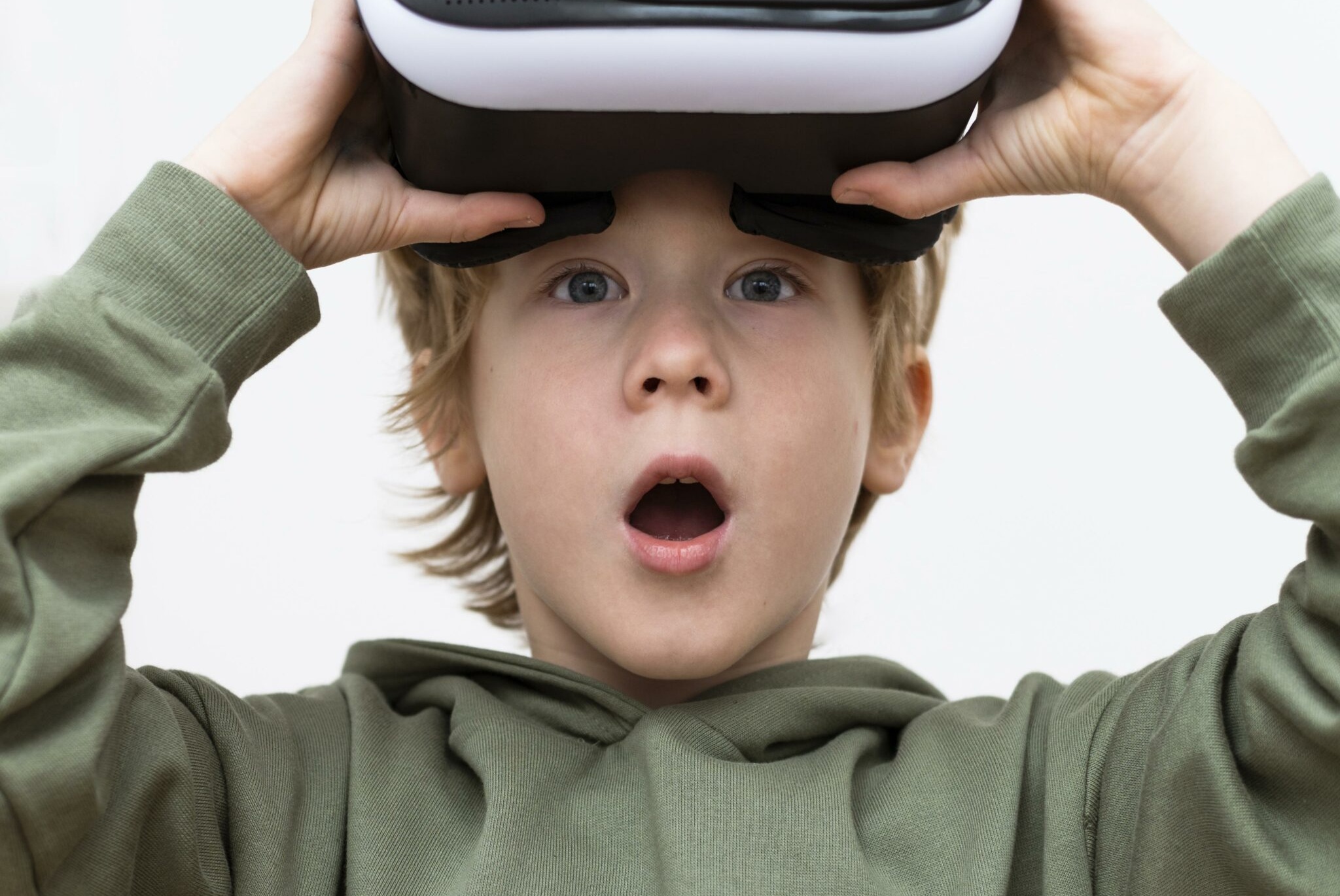
Empowering children through video gamesn ideas into actions
In a new report, UNICEF Innocenti explores the transformative potential of digital games in enhancing children’s well-being. This international study reveals that thoughtfully designed games can fulfil children’s deep-seated needs, such as autonomy, competence development, and social connections, fostering emotional regulation and creativity.
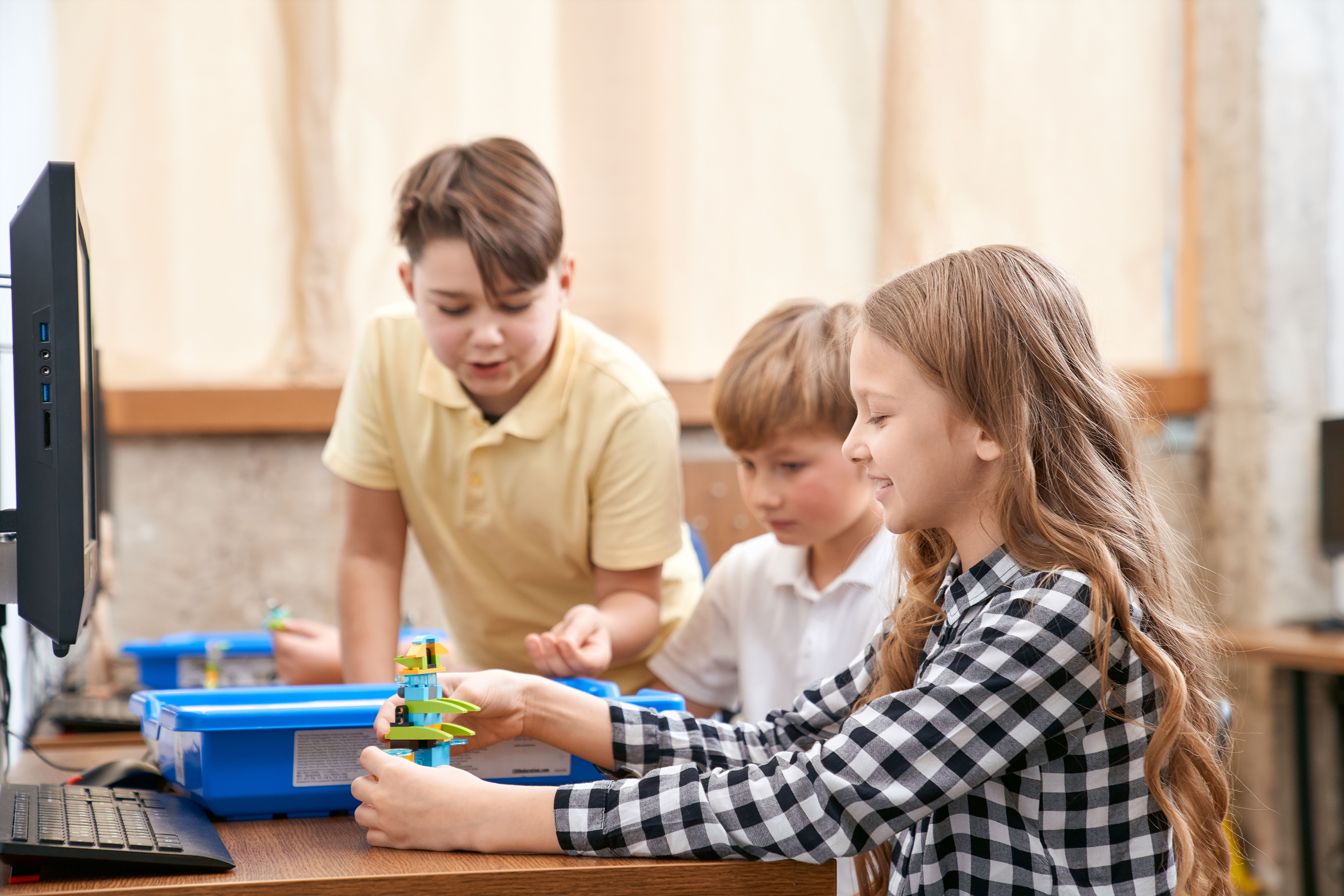
Turn Learning into an Adventure: How the Octalysis Framework Can Supercharge Your Educational Game
Gamification has in recent years become a game-changer for educators, designers, and learning facilitators. But the task is not always easy: how do you go beyond simple points and badges and actually motivate people to play and learn? That’s where Yu-kai Chou’s Octalysis Framework comes in.